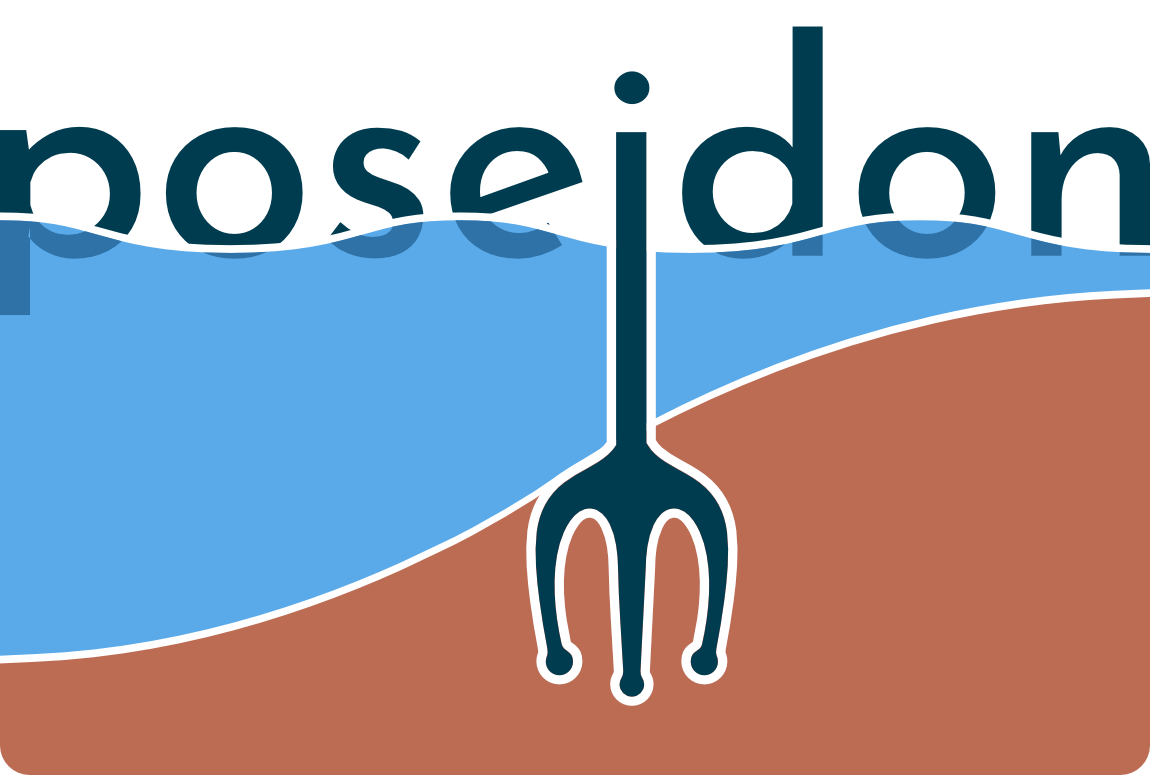Mathilde Brusselmans
I am Mathilde Brusselmans, Leuven, Belgium. I obtained a bachelor’s and master’s degree in civil engineering at KULeuven in 2020 with a master thesis on the dynamic behaviour of a monopile under wave loading. For this master thesis I investigated the fluid structure interaction by coupling a finite element and finite volume model. In 2024 I obtained an advanced master’s degree from ULB in the field of data science: big data, teaching me the novelties in AI and statistics.
After my graduate studies at KULeuven I have spent some time in the industry as both a geotechnical engineer and as a researcher at the Belgium Building Research Institute (Buildwise) the Belgian normative body. My research back then focussed on remote sensing and digitalization and industrialization of the building process. During my secon master in data science I worked partly as data scientist and project engineer at Sumaqua – a spin out from KULeuven working with water resource management.
I am currently working on the DC09 project “Performance-based design of offshore wind turbine foundations with Explainable Artificial Intelligence (XAI)” under the supervision of Dr. Zhongqiang Liu and Dr. Nallathamby Sivasithamparam at NGI and Yutao Pan and Gudmund Reidar Eiksund at NTNU. This research aims to advance the knowledge of design method for anchor for floatable offshore wind turbines using XAI.




